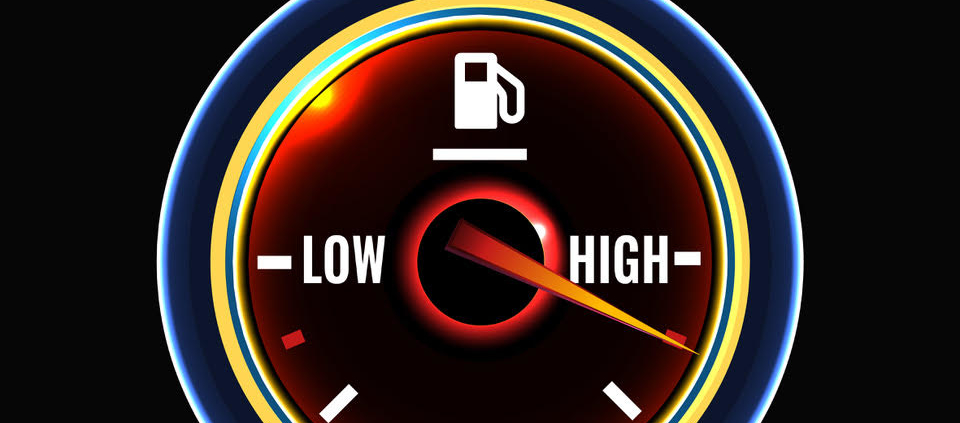Why I Wouldn’t Take OTC Testosterone Supplements and Why You Shouldn’t Either: A Cardiologist’s Perspective
I recently had a 49-year old male walk into my office to help control his elevated cholesterol.
As part of my normal protocol, I do a hormone workup.
His testosterone was low. His prolactin was super high. Normal is 18. His was 300.
I sent him for an MRI and the diagnosis was not surprising: a pituitary gland tumor, also called a pituitary adenoma.
Treated surgically by a neurosurgeon, he has an excellent prognosis.
Is Low T Age-Related?
But he is not the first patient to come into my office and walk out with a low testosterone diagnosis that was indicative that something else is happening in the body.
In fact, I had a 35-year-old who was experiencing low libido and came for a blood test to determine his testosterone level.
What prompted him to come in? The proliferation of OTC testosterone ads on TV.
Are Over-the-Counter Testosterone Supplements Effective?
Here’s my problem with those commercials: there is little evidence to demonstrate their effectiveness.
The second problem is low libido, which could be a sign of low testosterone, is not a reason to start taking OTC supplements. It’s a sign to have your level professionally tested through a blood or saliva test.
Low testosterone could be a symptom of something bigger, like a pituitary gland tumor, which was the diagnosis for the 35-year-old as well.
That particular diagnosis was not what the 35-year-old had in mind. But thankfully the commercial gave him the impetus to seek medical advice.
Here are five take away messages about testosterone:
-
- Testosterone, a hormone produced mainly in men, gradually diminishes with age. This is normal. But Low T is also linked to pituitary gland problems, HIV, obesity, diabetes, sleep apnea and more.
- Low testosterone affects more than six million men in the US alone. Signs of low testosterone or low T are often subtle and may include not only low sex drive but also depression, fatigue, osteoporosis, loss of muscle and bone mass, increase in abdominal fat, development of breast tissue, body and facial hair loss and infertility.
- Low testosterone level is a red flag only and should not be treated symptomatically.It is simply a sign we need to dig deeper and once we dig, we can come up with the proper treatment.
- Avoid taking a supplement unless you have been tested. Testosterone testing involves a simple blood test, aka serum testosterone test, or saliva test but it is an important diagnostic procedure.
- In fact, it is preferable not to take an OTC supplement at all until you have discussed treatment protocols with your treating physician. Low testosterone is best treated (after ruling out a bunch of stuff) by injection or cream/gel. Typically there is little evidence to demonstrate the effectiveness of most testosterone OTC supplements and research has indicated there may be negative consequences from the over-the- counter version.
The Bottom Line on Testosterone Supplements:
I personally would not take OTC Testosterone supplements and I do not suggest you do either. Before you head over to your local pharmacy to buy an OTC supplement to enhance your bedroom experience, make an appointment with your healthcare professional to enhance your overall health experience.
Your every body part will thank you.





















